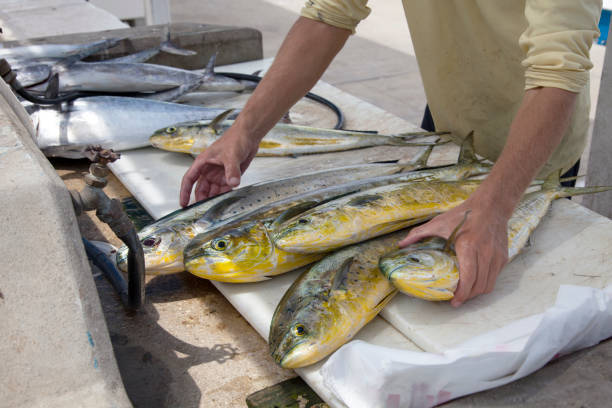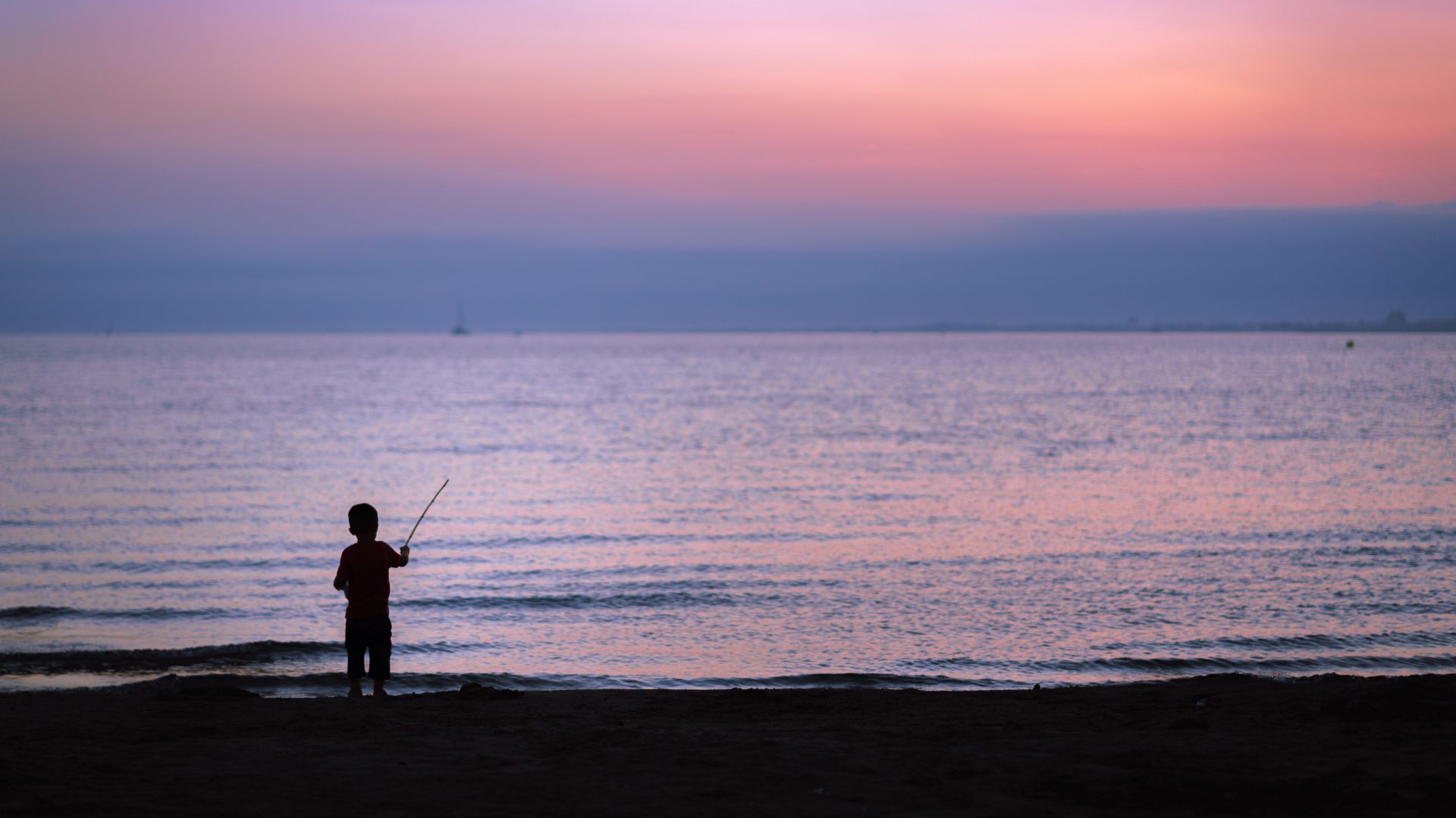While most of the fishing dangers revolve around the hooks, slipping or drowning, there is yet another unseen danger; fish-handler’s disease. As the name suggests, this is a disease that anglers and fish processors get when handling infected fish.

If you are back from a fishing weekend and suddenly you feel like something is not right, maybe it could be fish-handler’s disease.
It is surprising that you may have touched dozens of fish, but you have not contracted this disease. Well, the truth of the matter is that you won’t contract the disease by touching any fish.
Fish-handler’s disease is contracted when Erysipelothrix rhusiopathiae bacteria gets in your skin via cuts, scratches, and scrapes. Even though all other fish may have the Erysipelothrix rhusiopathiae bacteria, you are at high risk of catching fish-handler’s disease from lobsters and oyster fish.
There is also another bacteria called Mycobacterium avium subsp that causes this disease and is common in tropical fish, lobsters, coral, aquariums and swimming pools.
Erysipeloid progresses from 2 – 7 days after exposure. The first symptom is a red-purple circular patch that will surround the wound. The patch will gradually increase in diameter by around 1.5-inches daily. There is a burning sensation in the area, and at times it gets itchy or swollen.
The direct symptoms are accompanied by joint pains and stiffness, swollen lymph nodes, headache, nausea, and the other classical symptoms of illness.
Fish-handler’s disease will be pretty easy to diagnose when it is in the later stages. However, when in the early stages, it might be quite tricky especially if the wound is not visible yet.
If you are not sure whether it is fish-handler’s disease or something else, I recommend visiting a doctor. But if you are too lazy, you can book a doctor’s appointment online from the comfort of your home. Click here:https://www.kry.care/] to go to talk to a qualified GP for consultation and prescription.
Once the doctor diagnoses you with the disorder, you will be prescribed some antibiotics that may be taken orally or injected. This depends on the stage of the disease with developed fish-handler’s disease requiring jabs.
Most of the Erysipeloid cases are treated just at home especially when diagnosed early enough. However, in some rare cases, the condition may get worse, and thus you may require a doctor’s help. If the symptoms don’t start showing signs of fading, then you might need to see a doctor. In some cases, the wound becomes septic, and in this case, you need to visit a doctor immediately.
Fish-handlers disease is a real condition that most of the time is ignored for a normal injury. You will be lucky if it goes away by itself. So, the next time you start feeling funny after handling fish, then the culprit might be Erysipeloid, also known as fish-handler’s disease. Examine the wound and take the necessary measures immediately!



